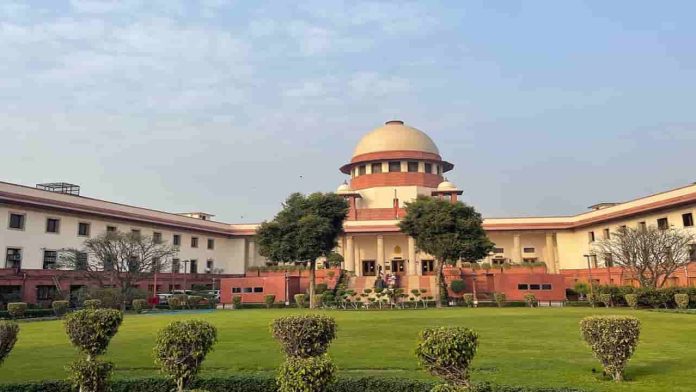The Central Bureau of Investigation (CBI) on Wednesday gave a clean chit to former corporate lobbyist Niira Radia in the matter involving 58,00 taped conversations of Radia, alleging that she had influenced allocations in some Cabinet Ministries in 2009.
Citing its 2015 sealed cover report, which came up for hearing today, CBI told the Apex Court that no criminality was found in the inquiry initiated against Radia.
The three-Judge Bench of Justice D.Y. Chandrachud, Justice Hima Kohli and Justice P.S. Narasimha directed the national agency to file a status report on the investigation and fixed the matter to be heard after the vacations, while observing that there was a Constitution Bench next week.
The directions were issued on a petition filed by industrialist Ratan Tata, seeking protection of right to privacy in view of the emergence of Radia tapes.
Appearing for the Centre, Additional Solicitor General Aishwarya Bhati, said that there was nothing left in the case after the Right to Privacy verdict passed by the Apex Court in the Justice (retd) K.S. Puttaswamy case of 2017, which held that privacy was a constitutionally-protected right.
He apprised the Apex Court that CBI conducted 14 preliminary investigations in the case, but no criminality was found in the intercepted tape, adding that now, there were phone-tapping guidelines in place.
At this point, Advocate Prashant Bhushan, said that there was another petition filed by NGO Centre for Public Interest Litigation (CPIL), which sought that these transcripts be made public in the larger public interest.
Appearing for CPIL, Bhushan said that Radia was a corporate lobbyist for two of the most important companies and there were attempts to influence public personalities.The 84-year-old eminent industrialist had sought action against media outlets for publishing a telephonic conversation between Radia and him, among several others.
Alleging that the leakage amounted to infringement of his fundamental right to life, which included the right to privacy guaranteed under Article 21 of the Constitution, the petitioner contended that as a corporate lobbyist, Radia’s phone was tapped for probing alleged tax evasion and the tapes cannot be used for any other purpose.


